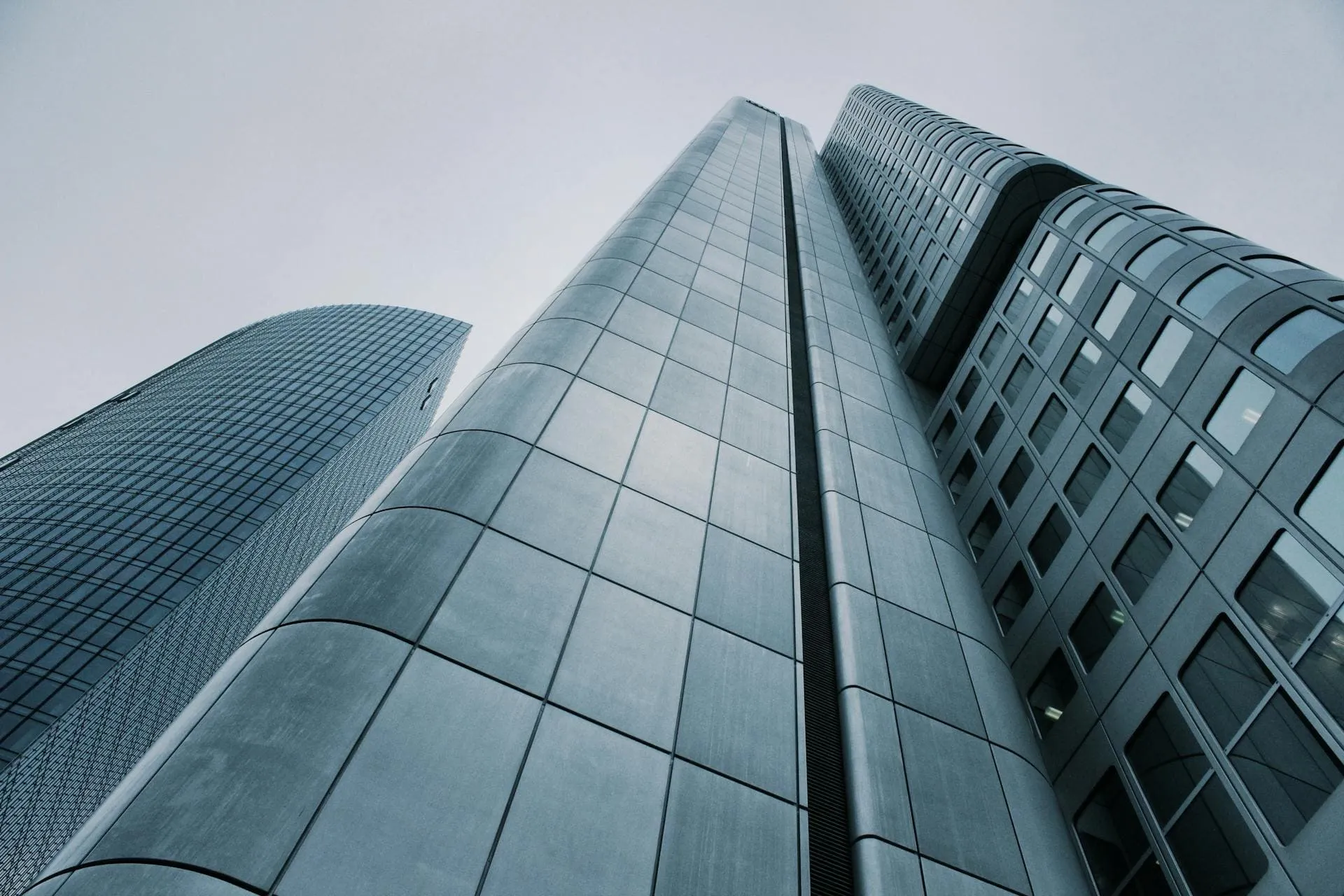In the field of architecture, every detail counts. Among the key elements of a successful project, aluminium profiles occupy a central place. Used for windows, facades, gates or even decorative structures, they combine functionality, aesthetics and durability. But given the diversity of options available, how do you make the right choice for your architectural projects ? This guide takes you step by step to choose aluminum profiles adapted to your needs, taking into account technical, aesthetic and budgetary constraints.
1. Understand the specificities of your project
Before you start selecting aluminium profiles, take the time to analyze the requirements of your project. Is it a curtain facade for an office building, carpentry for a villa, or a lightweight structure for a commercial space? Each application has its own needs in terms of strength, dimensions and finish. For example, a profile intended to support large windows should emphasize robustness, while a decorative element will emphasize aesthetics.
2. Evaluate resistance and load
Aluminum is known for its excellent weight/strength ratio, but not all profiles are created equal. For choose aluminum profiles adapted, check their ability to withstand the expected loads. In the architectural projects subject to climatic constraints, such as strong winds or temperature variations in Tunisia, opt for reinforced alloys (such as 6063 or 6061 aluminum). These offer increased strength without compromising the lightness of the material.
3. Take into account thermal and acoustic insulation
Energy efficiency has become a priority in modern construction. Aluminum profiles equipped with thermal bridge breakers are ideal for limiting heat loss and improving interior comfort. If your project is located in a noisy urban area, such as Tunis, also choose profiles designed for good acoustic insulation. These characteristics are essential to meet current standards and the expectations of occupants.
4. Choosing the right finish for aesthetics
The appearance of aluminium profiles plays a decisive role in the final rendering of your architectural projects. Anodized, lacquered or textured, the profiles come in a multitude of finishes and colors. For a contemporary villa, a matt black or an anthracite gray can bring a sophisticated touch. For an industrial building, a rough or satin finish will often be more suitable. In Tunisia, where aluminum is widely used, companies like TPR offer personalized options to enhance your creations.
5. Check compatibility with other materials
Aluminum profiles do not work alone: they are integrated into a larger system including glass, joints, fasteners or other metals. Make sure that the profiles you choose are compatible with these elements. For example, for a glass facade, the profiles must be designed to accommodate specific glazing (double or triple glazing). Good coordination between the components guarantees the stability and durability of the structure.
6. Consider the ease of installation
Another criterion that should not be overlooked is implementation. Well-designed profiles, with simple fixing systems and standard or custom dimensions, facilitate the work of installers. This reduces construction time and limits errors. If you are working with a local supplier in Tunisia, such as TPR, ask for profiles adapted to common assembly techniques in the region to optimize the process.
7. Thinking about sustainability and maintenance
Aluminum is naturally resistant to corrosion, but some environments (proximity to the sea, pollution) may require additional treatments, such as anodizing. For your architectural projects, choose profiles that require a minimum of maintenance while maintaining their properties over time. This is particularly relevant for buildings exposed to the Tunisian Mediterranean climate.
8. Respect your budget without sacrificing quality
The cost of aluminium profiles varies according to their alloy, their finish and their complexity. Set a clear budget from the start, but avoid compromising quality to reduce expenses. A cheap profile can cause long-term problems, such as deformation or premature wear. Compare suppliers' offers and opt for a reliable partner that offers good value for money, like the leaders of the Tunisian market.
Why call on an expert?
Choosing aluminum profiles can seem daunting with so many variables to consider. Collaborating with a specialist in the sector, such as TPR in Tunisia, allows you to benefit from personalized advice and tailor-made solutions. These experts can guide you in choosing the profiles best suited to your goals, while respecting local and international standards.
In conclusion
Les aluminium profiles are much more than a simple component: they are the heart of many architectural projects successful. By assessing your needs, prioritizing quality and relying on experienced partners, you can transform your ideas into sustainable and aesthetic achievements. Whether you are building a modern residence or a commercial complex in Tunisia, the right choice of aluminum will make all the difference.




